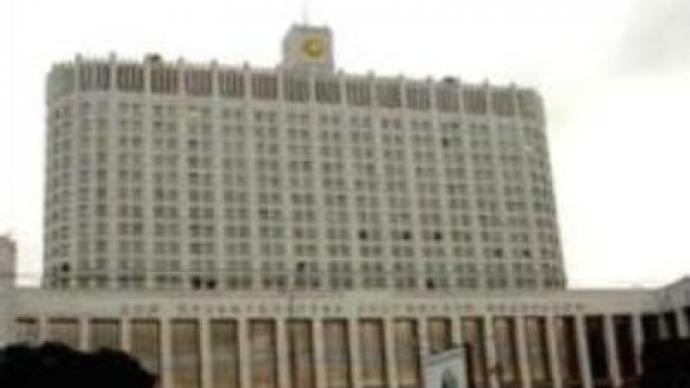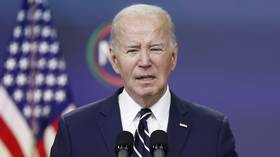Russia's government discusses changes in taxation

Russia's government met on Friday to discuss the country's economic outlook for the next three years. Topping the agenda were possible changes in taxation policy.
Taxation can be a difficult issue to tackle for any government. And Russia is no exception. At the centre of what has become a heated debate is what to do with Russia’s Value Added Tax. Prime Minister Mikhail Fradkov has proposed slashing VAT from its current 18% to 13%. This will cost the federal budget $US14 BLN, according to analysts. Mikhail Fradkov said problems of VAT policy are vital to form the government's 3-year budget. “We decided to focus separately on the issue of VAT. We understand that this will put pressure on the government's revenue. The economy should be brought out of the shadow. We should do it quickly. So the taxation policy is a tool we should use more effectively,” he stated. Finance Minister Aleksey Kudrin and Economic Development Minister German Gref have opposed Fradkov's proposal. Others propose substituting VAT with a 10% sales tax. “Given that Russia has large raw materials exports and our priority is to diversify the economy, sales tax is a good solution to avoid additional burden on quickly developing companies exporting non-raw materials. That is the main argument we have,” Arkady Dvorkovich, presidential adviser said. VAT – as the name implies – is levied on the value that's added as a result of each exchange in the supply chain. With VAT, the seller of raw materials, the manufacturer and the retailer will all pay taxes to the government. This is different from a sales tax, which is levied only on the final sale to the consumer. Analysts say both options have their pluses and minuses, but a sales tax might be more appropriate for Russia’s growing economy. “My calculations show a 10% tax brings the same revenue as 13% VAT. From simplicity's point of view, sales tax is easier to implement. However sales tax is easier to evade and that is one of the problems. So there is fine balance between the two,” Peter Westin, analyst at the MDM bank in Moscow said. Whatever the government’s final decision, the issue of VAT vs. sales tax is not clear cut. But many agree that Russia is ripe for a change in its taxation policy.
You can share this story on social media:












